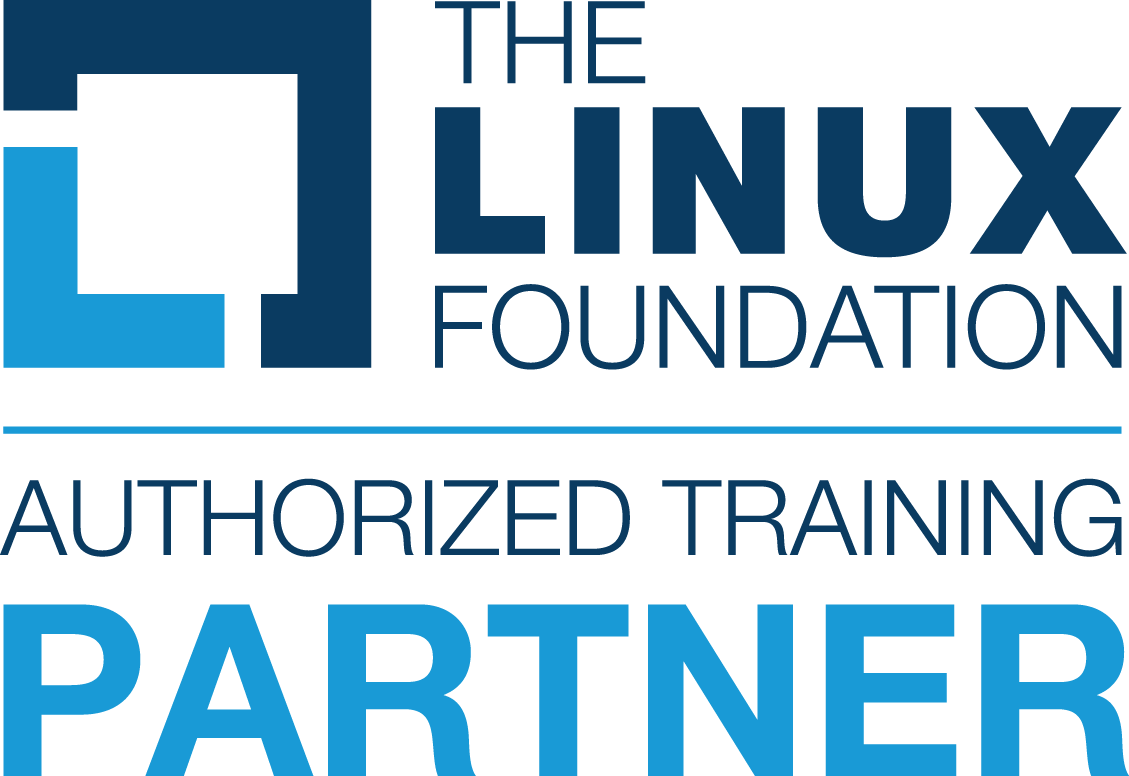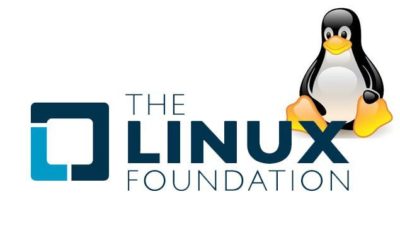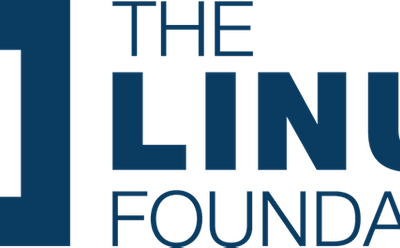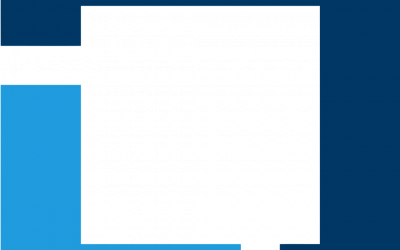
Course: LFD440 Linux Kernel Debugging and Security
About this Course:
-
- This instructor-led course focuses on the important tools used for debugging and monitoring the kernel, and how security features are implemented and controlled.
Course Goals/Skills:
- This four day course includes extensive hands-on exercises and demonstrations designed to give you the necessary tools to develop and debug Linux kernel code.
- Introduction
Preliminaries
How to Work in OSS Projects **
Kernel Features
Monitoring and Debugging
Printk
The proc Filesystem **
kprobes
Ftrace
Perf
eBPF
Crash
kexec
Kernel Core Dumps
Virtualization**
QEMU
Linux Kernel Debugging Tools
Embedded Linux**
Notifiers**
CPU Frequency Scaling**
Netlink Sockets**
Kernel Deprecated Interfaces
Introduction to Linux Kernel Security
Linux Security Modules (LSM)
SELinux
AppArmor
Netfilter
The Virtual File System
Filesystems in User-Space (FUSE)**
Journaling Filesystems**
Closing and Evaluation Survey
Kernel Architecture I
Kernel Programming Preview
Modules
Kernel Architecture II
Kernel Configuration and Compilation
Kernel Style and General Considerations
Race Conditions and Synchronization Methods
Memory Addressing
Memory Allocation
Audience:
- This course is for experienced developers who need to understand the methods and internal infrastructure of the Linux kernel.
Course Format:
 |  |
|---|---|
Присъствен (Classroom) Курс в Учебната ни зала или В Офис на Клиент | Онлайн (Online/Virtual) Курс във виртуална зала с инструктор |
Course Language Option
 |  |
|---|---|
Български (Bulgarian) | Английски (English) |
You can choose the language in which the training will be conducted – Bulgarian or English. All our instructors are fluent in English.
Student Guides:
The training materials are available in electronic format. They can be used online / offline on any device. Lifetime access.
Lab Environment:
Each student has their own lab environment where the exercises are conducted, part of the course. You do not need to install software on a computer or special hardware requirements.
Participants in a face-to-face format in our Training Center have an individual computer during the training.
At Course Completion:
 |  |
|---|---|
Lifetime Access - Video Archive 24/7 | Certificate of Course Completion |
Lifetime access to a video archive with recording of each individual lecture.
Official internationally recognized certificate for completed training course.
Course Duration:
- 4 working days (09:00 – 17:00)
or - 32 hours training (theory and practice) in non-working hours lasting 4 weeks
Saturday and Sunday 10:00 – 14:00, 14:00 – 18:00, 18:00 – 22:00
Monday and Wednesday 19:00 – 23:00
Tuesday and Thursday 19:00 – 23:00
Payments:
An application for an invoice is accepted at the time of enrollment in the respective course.
An invoice is issued within 7 days of confirming the payment.
Next Class:
For more information, use the contact format. We will contact you to confirm the data.
Prerequisites:
-
- To make the most of this course, you should:
- Be proficient in the C programming language.
- Be familiar with basic Linux (UNIX) utilities such as ls, grep and tar.
- Be comfortable using any of the available text editors (e.g. emacs, vi, etc.).
- Experience with any major Linux distribution is helpful but not strictly required.
- Have experience equivalent to having taken LFD420: Linux Kernel Internals and Development.
Pre-class preparation material will be provided before class.
- To make the most of this course, you should:
This Class will teach you how to pass the following exams:
Instructors
Target audiences
- This course is for experienced developers who need to understand the methods and internal infrastructure of the Linux kernel.






